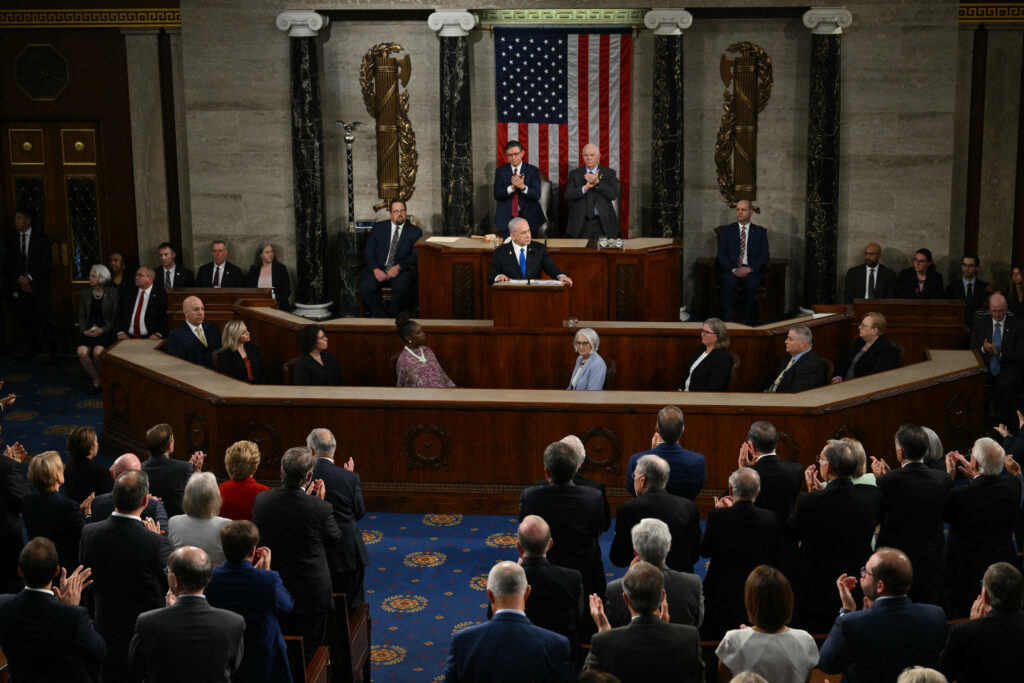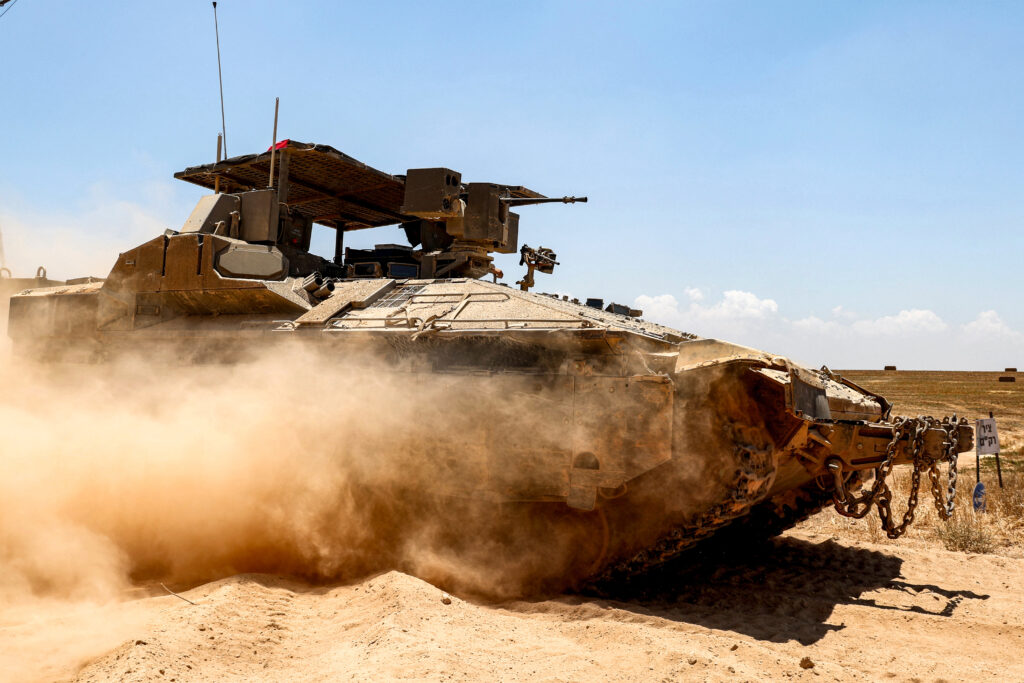Our Research Intern Wayne Ang explores the rise of Egyptian football star Mohamed ‘The Pharaoh’ Salah and how he rides on the unifying force of football to show the world what it means to be Muslim in a cosmopolitan world.
Mosalah and Football Nationalism
- - June 12, 2018

“TWO WORLD WARS AND ONE WORLD CUP,” was a chant that echoed through the 1966 FIFA World Cup that celebrated the triumphant achievements of the English football team[1]. The chant was a specific reference towards glorification of English accomplishments over the Axis powers in First and Second World Wars.
The moral of the story here is that football has long been a secular but nationalistic instrument, and its usage is not limited to just England. Recently, when asked about the hottest name in current football affairs, no doubt the voices speak of Egyptian football star Mohamed Salah, also known as the “Egyptian King”. The 25-year-old Liverpool forward rose to prominence in 2017 after a string of successful performances at Anfield. However, what makes Mosalah such a gem in the secular world of football is not his star-spangled career in goal-scoring, but rather how he devoutly executes them.
Fans are endeared by the cultural fusion that Mosalah contributes to the sport. So much so that a resurgent wave of nationalism has developed not just in Egypt itself, but also in Europe. Dubbed ‘Salahmania’[2], the tide of affection for the lad has led to the deterioration of nationalistic barriers as allegiances in the football world are blended and switched around.
Omar Salha, a researcher at the School of Oriental and African Studies (SOAS) in London argues that such football stars reduce stereotypes and break down barriers within communities which have played a role in creating better public perceptions of Muslims[3]. This is evident from the chants that follow Salah’s footsteps every time the ball enters a net, “Mo Sa-la-la-la-lah, Mo Sa-la-la-la-lah, if he’s good enough for you, he’s good enough for me, if he scores another few, then I’ll be Muslim too”[4].
The sudden prominence of Mohamed ‘The Pharaoh’ Salah and his success story paints Egyptian nationalism as a force for unity as the world bands together behind him in the coming World Cup. The face of Mohamed Salah is a symbolic image that brings about greater understanding in what it means to be Muslim in a cosmopolitan world today. Prudence must be undertaken to ensure football culture accentuates these sentiments, rather than degrades them.
[1] “TWO WORLD WARS AND ONE WORLD CUP,” 5 memorable World Cup chants, USA Today, last modified July 1, 2014, https://www.usatoday.com/story/sports/soccer/2014/07/01/5-memorable-world-cup-chants/11833297/.
[2] Kieron Monks, “Mohamed Salah’s greatest legacy may be off the pitch,” Middle East Eye, May 24, 2018, http://www.middleeasteye.net/columns/muslim-football-superstars-challenge-islamophobia-1502482652.
[3] Ibid.
[4] Al Jazeera, “’I’ll be Muslim too’: Fans embrace Liverpool’s Mo Salah,” Al Jazeera, February 18, 2018, https://www.aljazeera.com/news/2018/02/liverpool-fans-embrace-mohamed-salah-muslim-chant-180216105515770.html.
More in This Series
More in This Series
- Jean-Loup Samaan
- - July 11, 2024
- Aisha Al-Sarihi, Ehsan Rasoulinezhad, Jinseok Sung
- - June 20, 2024








